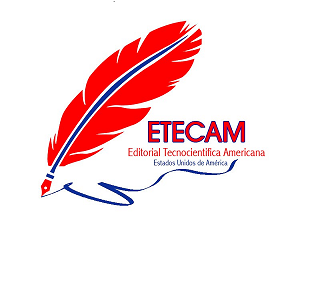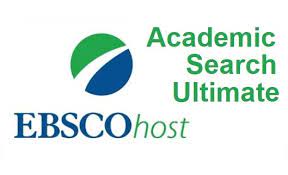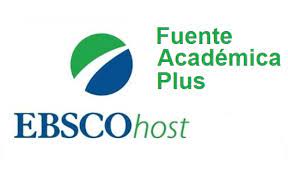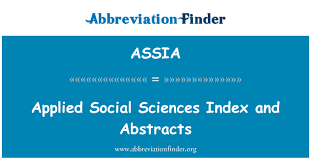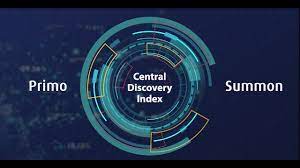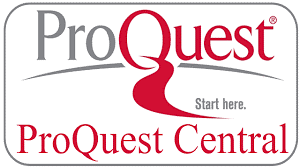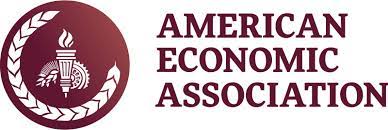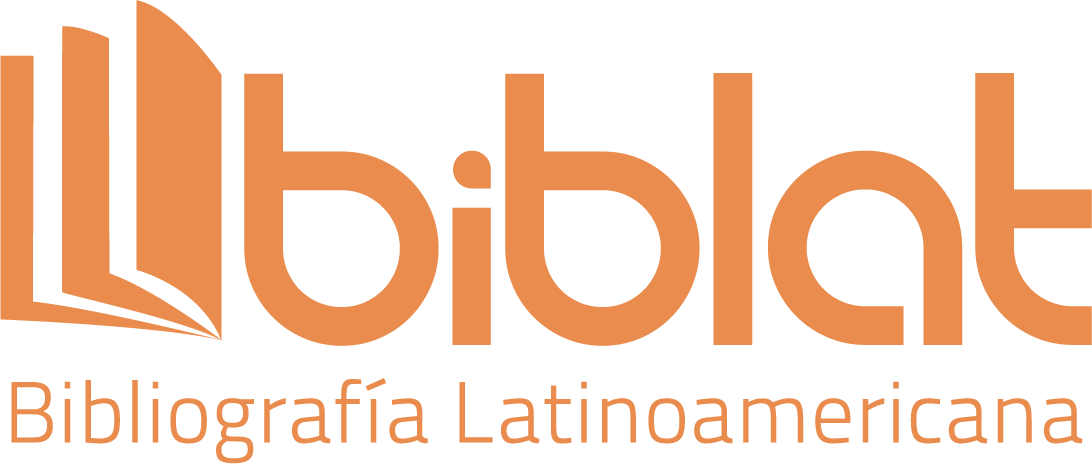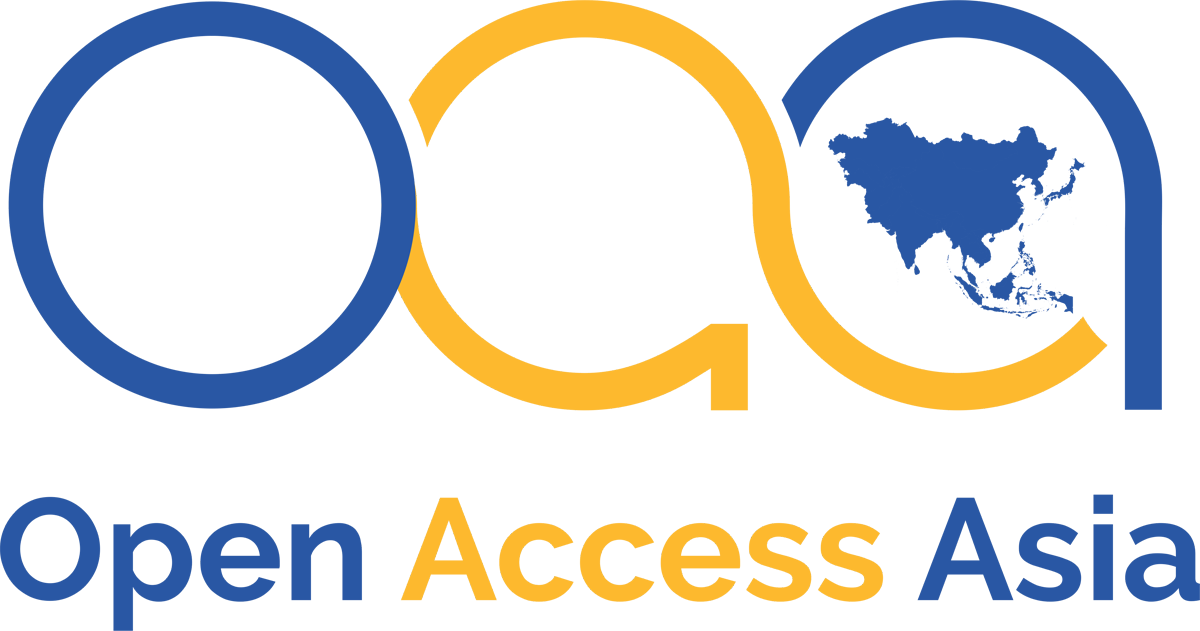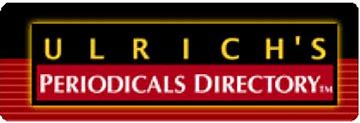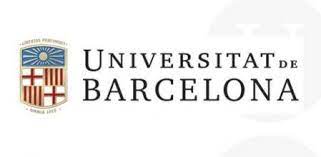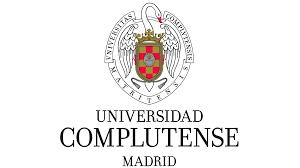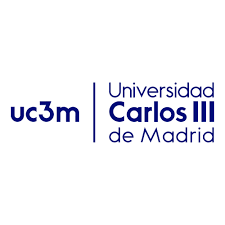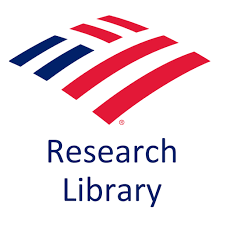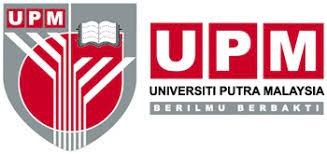Didactic guide for teaching geometry using GeoGebra for elementary school students
DOI:
https://doi.org/10.51736/sa.v7i3.345Keywords:
didactic guide, geometry, GeoGebraAbstract
The teaching of geometry is highly relevant, as it is a fundamental pillar in the cognitive and mathematical development of students. The use of different educational and innovative tools in the teaching-learning process of geometry is a fundamental way to improve students' performance, while promoting their motivation and participation. In this sense, a didactic guide based on GeoGebra was developed to improve the teaching-learning process of geometry in sixth-year students of Basic General Education in the 17 de Julio Educational Unit. The research is carried out from a mixed approach, and is considered descriptive-explanatory, in which different methods were used, such as: Historical – logical, Hypothetical – deductive, Analysis – synthesis, Modeling, Document review, Observation, Content testing, Interview, Rubric, as well as the Expert Criterion. It was carried out, through three fundamental steps, in which the diagnosis of the teaching-learning process of geometry was developed, allowing the identification of different problems, which served as the basis for the proposal and development of a didactic guide based on GeoGebra. All of this allowed us to determine the role of GeoGebra in the teaching-learning process of geometry, evidenced through the transformation of the problems identified. The expert opinion allowed a positive diagnostic impression in relation to the guideline, in terms of implementation capacity, objectivity, relevance and coherence. Therefore, the favorable results obtained are recognized.
Downloads
References
Alban, G. P. G., Arguello, A. E. V., & Molina, N. E. C. (2020). Metodologías de investigación educativa (descriptivas, experimentales, participativas, y de investigación-acción). RECIMUNDO, 4 (3), 163–173. https://doi.org/10.26820/RECIMUNDO/4.(3).JULIO.2020.163-173
Castillo, M. J. y Burgos, M. (2023). Idoneidad didáctica de lecciones de proporcionalidad en libros de texto: una experiencia de análisis con maestros en formación. PNA, 17(2), 171-199. https://doi.org/10.30827/pna.v17i2.24089
Díaz Novás, J., Gallego Machado, B. R. y Calles Calviño, A. (2011), Bases y aplicación del método hipotético-deductivo en el diagnóstico. Revista Cubana de Medicina General Integral, 27(3)378-387
Flores Martínez, P., & Rico, Luis. (2015). Enseñanza y aprendizaje de las matemáticas en Educación Primaria (Psicología. Sección Pedagogía). Pirámide.
García-Cuéllar, D. J. (2023). Enseñanza y aprendizaje de la geometría con geogebra. REAMEC - Red Amazónica de Educación en Ciencias y Matemáticas, Cuiabá, Brasil, 11(1), e23118. https://periodicoscientificos.ufmt.br/ojs/index.php/reamec/article/view/16880.
Figueiredo, C. A., & Contreras, L. C. (2013). La función cuadrática: variación, transparencia y dos tipos de ejemplos. Avances De Investigación En Educación Matemática, (3), 45–68. https://doi.org/10.35763/aiem.v0i3.62
Godino, J. D., Carrillo Yáñez, J., Castro, W. F., Lacasta, E., Muñoz-Catalán, M. C., & Wilhelmi, M. R. (2021). Métodos de investigación en las ponencias y comunicaciones presentadas en los simposios de la SEIEM. Avances De Investigación En Educación Matemática, (2), 29–52. https://doi.org/10.35763/aiem.v1i2.19
Hernández, A. A., Argüelles, V. y Palacios, R. H. (2021). Métodos empíricos de la investigación. Ciencia Huas-teca, 9(17), 33-34. https://repository.uaeh.edu.mx/re-vistas/index.php/huejutla/article/view/6701/7600
Hernández-Sampieri, R., Fernández Collado, C. & Baptista Luicio, P. (2018). Metodología de la investigación: las rutas cuantitativa, cualitativa y mixta. McGraw-Hill.
López, A. L., & Ramos, G. (2021). Acerca de los métodos teóricos y empíricos de investigación: significación para la investigación educativa. Revista Conrado, 17(S3), 22-31.
Martín, E. (2021). El proceso de enseñanza-aprendizaje de la geometría y sus dificultades. Universidad de La Laguna. Proyecto de revisión teórica. Tesis presentada en opción al grado en maestro/a en Educación Primaria.
Michalus, J. C., Sarache Castro, W. A. & Hernández Pérez, G. (2015). Método de expertos para la evaluación ex-ante de una solución organizativa. Visión de futuro, 19(1), 0-0.
Miranda, S., & Ortiz, J. A. (2020). Los paradigmas de la investigación: un acercamiento teórico para reflexionar desde el campo de la investigación educativa. RIDE. Revista Iberoamericana para la Investigación y el Desarrollo Educativo, 11(21), e064. https://doi.org/10.23913/ride.v11i21.717
Ortega, T., & Pecharromán, C. (2015). Aprendizaje de conceptos geométricos a través de visualizaciones. Avances De Investigación En Educación Matemática, (7), 95–117. https://doi.org/10.35763/aiem.v1i7.84
Poveda, W. E. (2023). Estudo de quadriláteros baseado na resolução de problemas e no uso do GeoGebra. REAMEC - Rede Amazônica de Educação em Ciências e Matemática, Cuiabá, Brasil, 11(1), e23114. https://periodicoscientificos.ufmt.br/ojs/index.php/reamec/article/view/16863
Ramírez, C. A. (2021). Against anti-explanation. Cinta de Moebio, 71, 109–123. https://doi.org/10.4067/S0717-554X2021000200109
Torregrosa Gironés, G. (2017). Coordinación de procesos cognitivos en la resolución de problemas: relación entre geometría y algebra. Avances De Investigación En Educación Matemática, (12), 1–17. https://doi.org/10.35763/aiem.v1i12.198
Torres-Miranda, Teresa. (2020). En defensa del método histórico-lógico desde la Lógica como ciencia. Revista Cubana de Educación Superior, 39(2), e16. http://scielo.sld.cu/scielo.php?script=sci_arttext&pid=S0257-43142020000200016&lng=es&tlng=es.
Ortega, T. & Pecharomán, C. (2015). Aprendizaje de conceptos geométricos a través de visualizaciones. Avances de Investigación en Educación Matemática, 7, 95 - 117.
Published
How to Cite
Issue
Section
License
Copyright (c) 2024 María Narciza Fuertes Rosero, Héctor Raúl Guerra Tana , Arián Vázquez Álvarez, Wilber Ortiz Aguilar

This work is licensed under a Creative Commons Attribution-NonCommercial-ShareAlike 3.0 Unported License.













